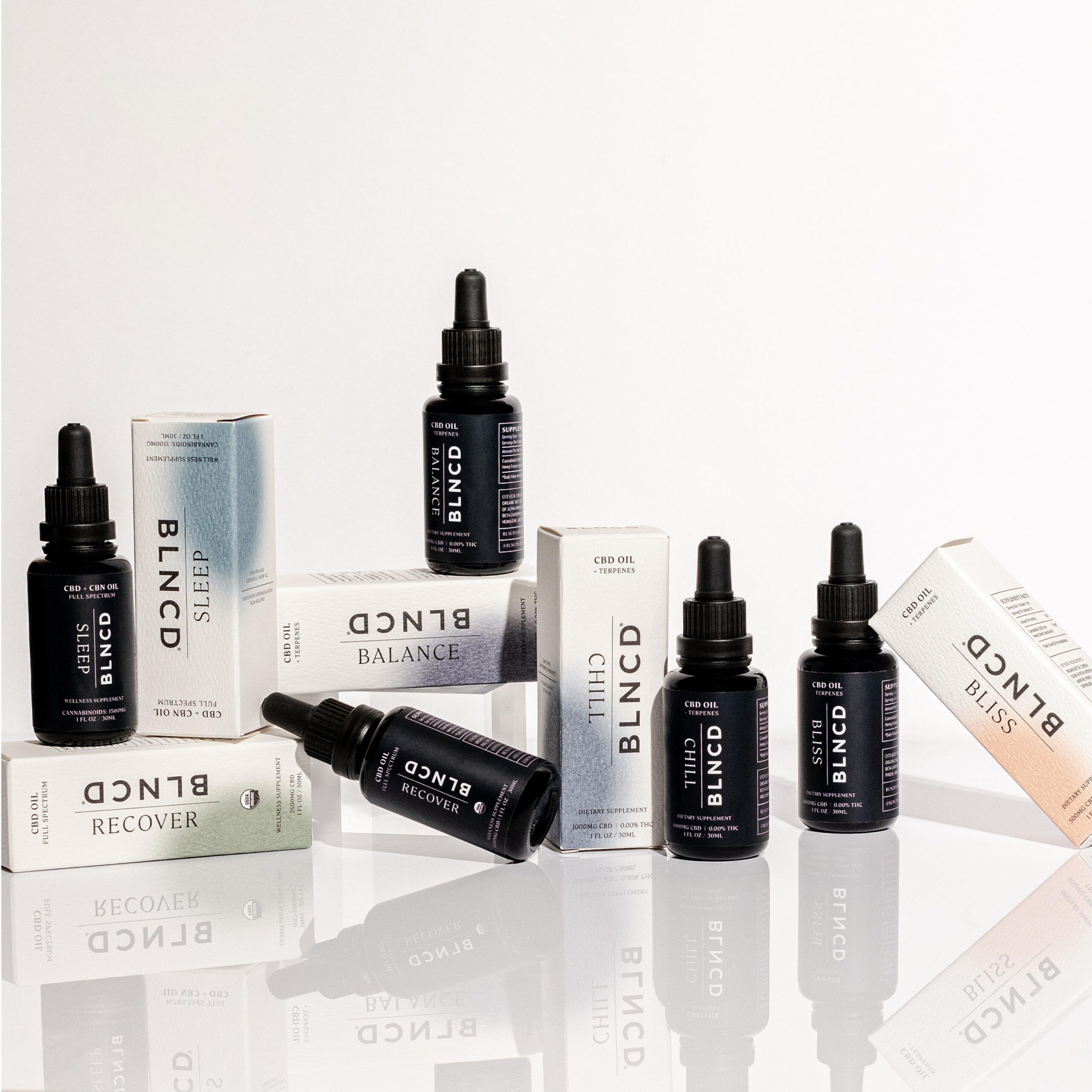
Everything You Need to Know About CBD Oils January 21, 2020
The 2018 Farm Bill has opened up new doors for cannabis cultivators and CBD manufacturers nationwide, which means more products and incredible benefits for all. Whether you’re looking for CBD-infused goods for wellness or just want to try out something new — having all of the knowledge you need to make an informed decision is crucial. With so many new goods circulating the CBD marketplace, it can be difficult to decipher which option is best for you.
You may have come across CBD products like:
One of the most popular forms of CBD products is oils. If you were to peruse your local CBD shop, these products are everywhere. We’re going to dive a little deeper into what you should know about CBD oils so that you can get the best possible results.
CBD Oil 101
What is CBD Oil?
Of all the forms CBD can come in, CBD oil tops the chart when it comes to potency. By extracting oils from flowers and stalks of a hemp plant — cultivators can harness some incredible CBD goodness. CBD oil is full of cannabinoids, fatty acids, nutrients, proteins, and essential vitamins that can positively benefit your endocannabinoid system.
What Else is in CBD Oil?
CBD oils take advantage of carrier oils or base oils that help dilute the cannabidiol — allowing for easier absorption into the body. Typically, these carrier oils consist of:
- • MCT oil
- • Coconut oil
- • Vegetable glycerine base
- • Hemp seed oil
CBD Oil Pros and Cons
Pros: CBD Oil
- High Potency and Purity: Typically, CBD oil utilizes C02 extraction for a more potent and purer product — so you’re getting what you’re paying for.
- Versatile: It’s extremely versatile, and manufacturers can use it for a wide range of products like capsules and vape additives (when thinning agents are added)
- Low Volatility: CBD oil suspends in an inert oil, which means it’s unaffected after digestion.
*Note: Do not vape CBD oil that does not say vape juice, e-liquid, or e-juice on the label — ask your CBD manufacturer to be sure.
Cons: CBD Oil
- Strong Taste: If unflavored, full spectrum oil may be too earthy or grassy in flavor for some.
- It may interact with certain prescription medications.
How Much Should You Take?
Figuring out the right dose of CBD takes a little experimentation, but we always recommend sticking with the dosage recommended on the bottle and make adjustments from there. However, everyone has a unique endocannabinoid system, so there’s not necessarily a “one size fits all” dosage. Luckily, both CBD oils come in simple droppers, giving individuals the ability to choose exactly how much they want to take at any given time. Start low and go slow.
Storing Your CBD Oils
If you’ve spent your hard-earned money on CBD oils, you’ll want to keep them fresh so that you can enjoy their benefits for as long as possible. So, what’s the best way to store your CBD products?
Well, there are a few elemental enemies of cannabinoids and CBD-related products. Taking every precaution to avoid or reduce these will keep your oils potent and effective.
- Avoid direct light
- Keep them away from heat
- Restrict air exposure
These three elements are public enemy #1 when it comes to CBD shelf life. Learn more about how to properly store CBD oils and related products with our storage guide.
Now You Know
Hopefully, you’re a little more informed now than you were yesterday regarding CBD oils. It can be difficult to choose the right CBD-infused product for you, especially if you’re new to the cannabidiol world. The recent interest in CBD has caused a surge of new CBD companies, products, and exciting new trends.
Next time you’re sifting through your local CBD shop or perusing the internet for a CBD product that works for you — you’ll be an expert in CBD oils.